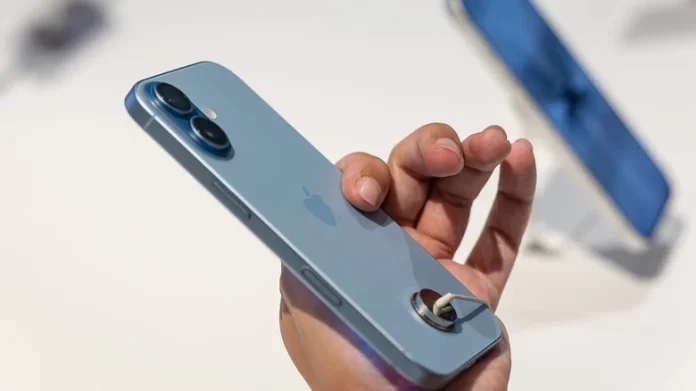Apple unveiled four new iPhone models in September, and three of them feature 12 GB of RAM, with the standard iPhone 17 being the sole exception, limited to 8 GB. However, a new report from Korea reveals that the iPhone 18, set to launch in early 2027, will upgrade the base model to 12 GB of RAM. According to The Bell, Apple is already securing its memory supply by purchasing LPDDR5X RAM modules from Samsung. This move is intended to safeguard against any supply chain pressure stemming from rising AI demand. The report highlights that Apple has preordered 13 million LPDDR5X packages from Samsung, with more orders expected.
Despite Samsung manufacturing 16 GB LPDDR5X mobile RAM modules, Apple has opted to equip the iPhone 18 series with 12 GB. The report does not mention details about the second-generation iPhone Air or the first-generation iPhone Fold, leaving it unclear if the iPhone 18e—expected to launch alongside the base iPhone 18 in spring 2027—will also feature 12 GB of RAM. As The Bell points out, Apple’s push to increase RAM is largely driven by the growing importance of AI features. Although Apple currently trails some competitors in AI capabilities, it aims to close that gap soon.
Will the Base iPhone 18 Cost More?
Apple started increasing RAM last year with the iPhone 16 lineup, equipping all models with 8 GB to better support AI workflows. The company also boosted the base MacBook Air’s RAM to 16 GB to enhance its performance for AI-related tasks. The Bell reports that Apple is seeking to source RAM for the iPhone 18 not just from Samsung but also from SK Hynix and Micron. Still, Samsung appears best positioned to meet Apple’s demand, as Apple requires LPDDR5X DRAM built on the 1b (10-nm-class 5th-gen) fabrication node. This node is typically reserved by other manufacturers for High-Bandwidth Memory (HBM) used in AI servers, giving Samsung a supply advantage. This tight supply-demand dynamic in the DRAM market is further strained by growing HBM requirements.
A recent report also indicated that Apple’s A20 chips, powering the iPhone 18 series, will be costlier to manufacture. This could translate into price increases for the iPhone 18 models. The higher cost of advanced RAM modules might also influence smartphone pricing trends industry-wide in the coming years. Notably, the $799 price point for the base iPhone 17 has been a major success, as it delivers nearly the same performance as Pro models apart from RAM size, processor type, and camera capabilities. It will be intriguing to see whether Apple maintains this pricing strategy or raises prices for the standard iPhone 18 when it launches in early 2027.





